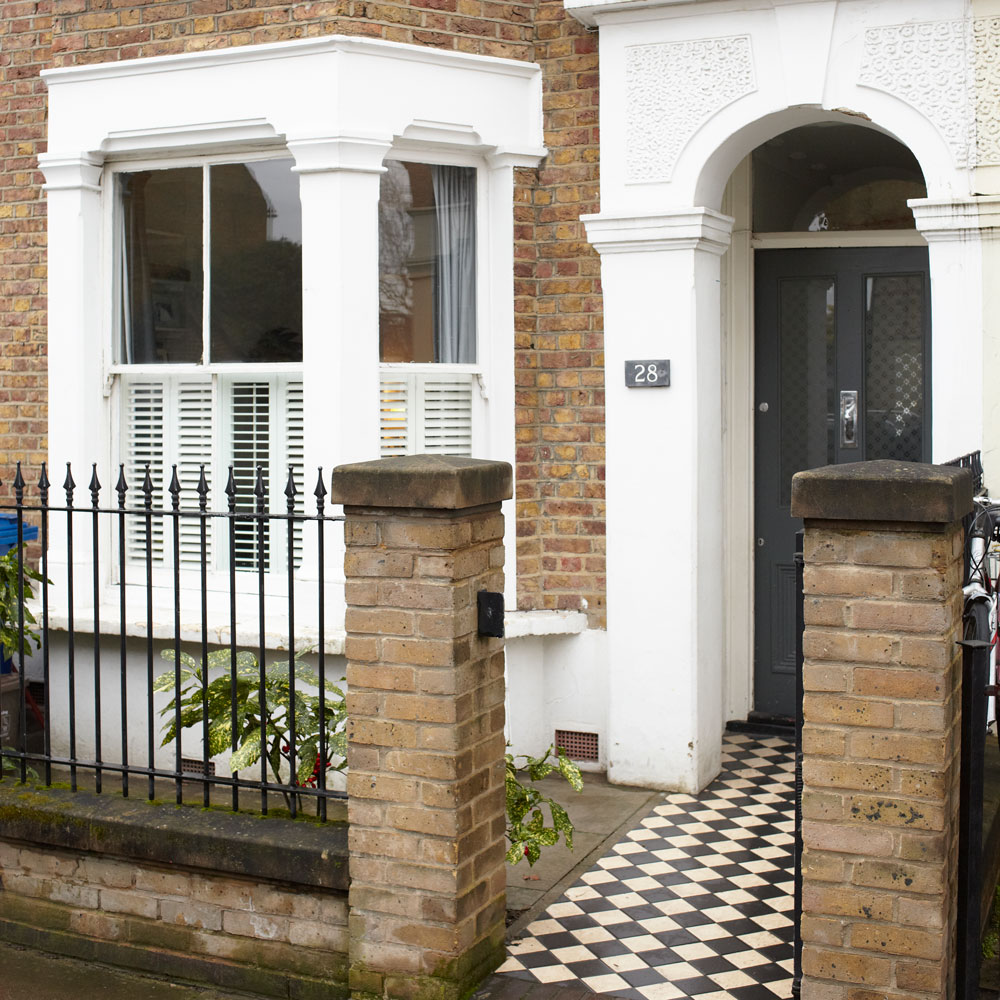Best places to get free mortgage advice right now
Navigate the mortgage maze without paying a fortune by using our guide to finding the best free mortgage advice

All home buyers need mortgage advice at some point. Perhaps because you’re buying a house for the first time, you want to change to a new deal, or you’re moving up the property ladder. Whichever it is getting the right advice leads to the right mortgage (and best rate). And the right mortgage could mean saving thousands of pounds. So, it’s all the better (and cheaper) if you can find that advice for free. But how can you be sure you’re asking the right people? Here we look at the best places to get free mortgage advice right now.
Where can I get the best free mortgage advice?
Spoiler alert – it doesn’t involve asking your taxi driver, or your best mate. Unless, perhaps, they’re also employed as mortgage advisers.
There’s never a shortage of free advice, but not all advice is worth taking. For best results, ask an expert. If you’re simply looking to get to grips with the topic of mortgages in general, in advance of seeking personalised recommendations, try the free Government-backed website MoneyHelper.
Rachel Springall, finance expert for comparison service Moneyfacts.co.uk, says: ‘It offers online mortgage calculators for consumers curious on how much they could borrow, as well as useful tips. It also has a couch to financial fitness tool – and a stamp duty calculator.’

When you’re serious about getting a mortgage, it’s time to call in the professionals. Specifically, a mortgage broker or adviser. Brokers will listen to your needs, take stock of your finances, search the market, and recommend appropriate deals.
‘Getting solid financial advice before applying for a mortgage is wise,’ adds Springall. ‘Not only to assess the array of mortgage deals but also to ensure a borrower is prepared for affordability checks.’
Brokers have insight into what lenders want from customer applications. They know the criteria of different lenders, and whether or not you fit it.
Sign up to our newsletter for style inspiration, real homes, project and garden advice and shopping know-how
This specialist expertise is especially useful for applicants whose circumstances deviate from ‘the norm’ – if you are self-employed, or looking for a buy-to-let mortgage, for example.
Using a broker reduces the risk of your application being rejected, which is a costly and disheartening scenario. Particularly if the mortgage comes with non-refundable application fees.
Website unbiased.co.uk links people with financial advisers – including ones that charge. Its founder and chief executive, Karen Barrett, says: ‘A mortgage broker can maximise your chances of being accepted first time, which is crucial to maintaining a good credit record.’
Mortgage applications show on your credit record, and if there’s a few of them it won’t reassure other lenders.
Who offers free advice?
Fee-free mortgage brokers include companies like London & Country Mortgages and My Mortgage Finder, as well as newer digital brokers like Trussle and Habito.
Digital mortgage brokers can do what traditional advisers do – scan the market for a deal that fits your circumstances. However, it’s largely done online rather than in person or over the phone.

Is free mortgage advice neutral?
Not always. An adviser from a bank should give professional and helpful advice, but only in relation to the bank’s own brand of mortgages.
They are known as ‘tied’ advisers because of this restriction.
By comparison, good independent ‘whole-of-market’ mortgage brokers are neutral. These advisers consider a much broader selection of mortgages from multiple lenders.
They may even be able to access exclusive deals not available to customers applying directly. If you pick a mortgage recommended by a fee-free broker, they will receive commission from that lender. This is how they can provide a free service to customers.
Establish at the outset whether or not your mortgage adviser is fee-free, and whole-of-market.
Any company offering you mortgage advice should be regulated and authorised to do so by the country’s financial regulator – the Financial Conduct Authority. You can check the company you are using is on the FCA register.
Is it ever worth paying for mortgage advice?
The idea is that you save more than an adviser’s fee in the long-run, just by taking advice. This may prove true for a borrower whose finances are more complicated than the average buyer.
Fee-based brokers might also offer a comprehensive service, covering the whole property-buying process.
John Charcol and the Mortgage Advice Bureau are well regarded and charge for their mortgage broker services. The fee will be a percentage of the property price.
Mortgage Advice Bureau fees can be up to 1 per cent, but are typically 0.3 per cent of the sum borrowed.
Haysto is a specialist digital broker, which can help people who are self-employed or have bad credit. It also charges a fee. For some people, paying for advice could be the difference between getting a mortgage or not.
Co-founder Paul Coss says: ‘The weight of judgement can feel very real from some banks and mortgage brokers as they turn down your application for a mortgage.
‘The good news is that thinking has evolved. Solutions are available.’

Laura Shannon is an award-winning consumer and money journalist with more than a decade of experience in her field. She has written for a number of titles including Metro, The Times, Daily Mail, and held the post of personal finance correspondent at The Mail on Sunday for eight years. She is passionate about helping people to save, understand, and manage money more effectively.